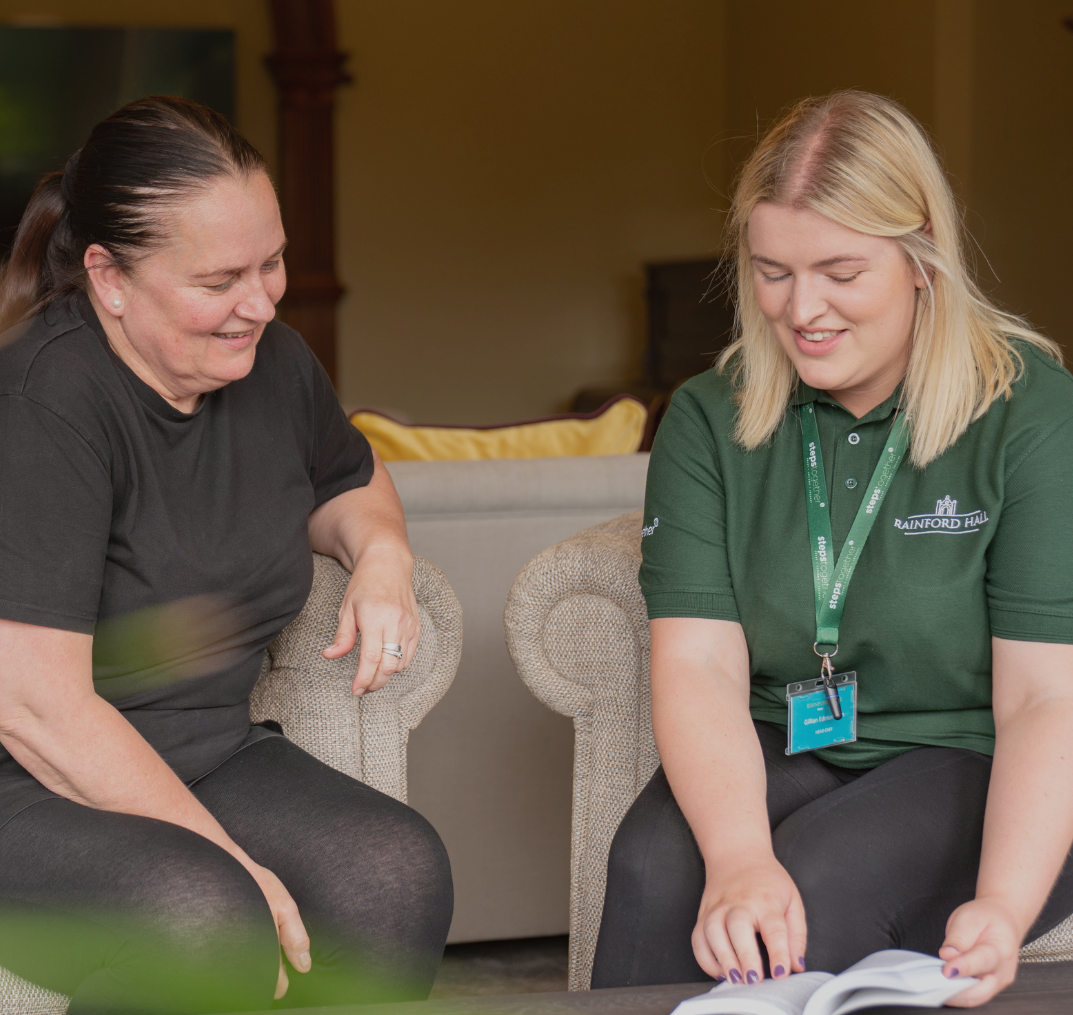Can You Stay Sober Beyond Dry January?
Tips to stay sober once the novelty and support of Dry January passes
Are you one of the reported three million British people (according to the You Gov survey) taking part in Dry January?
For most people, Dry January serves as a detox month with no alcohol following a boozy Christmas and New Year. For some people, however, Dry January may be a time when they finally try to stay sober as part of a bigger life change. Often, it’s something that they have been meaning and needing to do for a long time.
Darren Rolfe, CEO of StepsTogether.rehab, says:
“Dry January that is a busy time of year for rehab centres as people start to realise that they may be addicted to alcohol. Dry January provides a challenge which brings people’s difficulties into the light. The realisation of alcohol dependency sometimes only comes in the darkest moments. It is when you reach your “nadir” the lowest point when you or a loved one realise you have to do something. Something has to change.”
Alcohol is pervasive in our society and drinking can be seen as a completely socially accepted behaviour, that it is sometimes difficult to know when you may have a drinking problem.
The benefits of cutting down or giving up alcohol:
Alcohol Concern worked with six charities during Dry January to build awareness. In their survey, 49% of participants said that they lost weight during Dry January and 62% got more sleep and had more energy.
Other physical benefits of sobriety include:
- Reducing the damage done to the liver by cirrhosis.
- Reduced high blood pressure.
- Reduces the risk of mouth, throat, stomach, liver and breast cancers.
Whilst there are physical benefits, Darren Rolfe feels that benefits to the mind can also be very dramatic. He said:
“Whilst people may be drinking to escape from the daily stresses in life, alcohol actually increases depression. Drinking in excessive amounts can cause an imbalance of chemicals and nutrients to the body. Alcohol is a depressant drug, it affects the neuro-transmitters in the brain.”
If you can extend your alcohol abstinence for longer than a month, all of the above physical and mental health benefits will keep building.
If you or a loved one have seen the benefits of staying sober during Dry January, and want to try to extend this into February and beyond, Darren Rolfe has some tips to help you keep going:
- Live one day at a time. Every day you are sober is one more day that your body is recovering
- Reconnect with people that understand you and that you trust. Share your thoughts and feelings with them
- Ask for help when you need it
- Stay focused. Don’t underestimate your addiction
- Don’t take the first drink and then you won’t get drunk
- Face your fears and work hard towards your goals
- Celebrate all your successes
- Get outside. Exercise and fresh air is great for the body and mind. If you fancy a drink, go for a walk instead
- Be mindful. Alcohol may have blurred out things you didn’t want to notice, but now you will also be more aware of things that bring happiness. Take time to appreciate a beautiful morning or the taste of a delicious dinner
- Make a bucket list and actually do it. You will have more time, cash and energy to do things now
- Sign up for in-house treatment if you can afford it. You will have a team of professionals behind you all the way. If not, join self-help groups and online forums
- Keep busy. Learn a new skill or help someone with a project. Redecorate your home
- Avoid your old hangouts. Tread new ground
Rolfe continues: “It is never too late to make the decision to start on a new journey of being sober. It is heart -warming when people who have come to us at a difficult time in their lives addicted to alcohol and leave in a positive frame of mind.”
One of our latest clients highlighted this fact:
“I walked in a scared and broken person, and walked out confident with tools and coping mechanisms, ready to begin a new chapter in my life.”
The aim of treatment at Steps Together is to help people rebuild their lives through one-to-one and group therapy, holistic treatments, and a focus on wellness and nutrition. It helps the whole person.
“I think it is about being open and honest and having these conversations and taking away the stigma,” says Darren. “All these people who seek help are truly brave and need to be admired.”
For more information on alcohol, visit www.drinkaware.co.uk. You can find information and a quiz to find out if you or a loved one is drinking too much, and ways to stop the addiction.
If you are ready to seek professional in-house help please call us on 0800 0385585 or visit our alcohol rehabilitation page.





